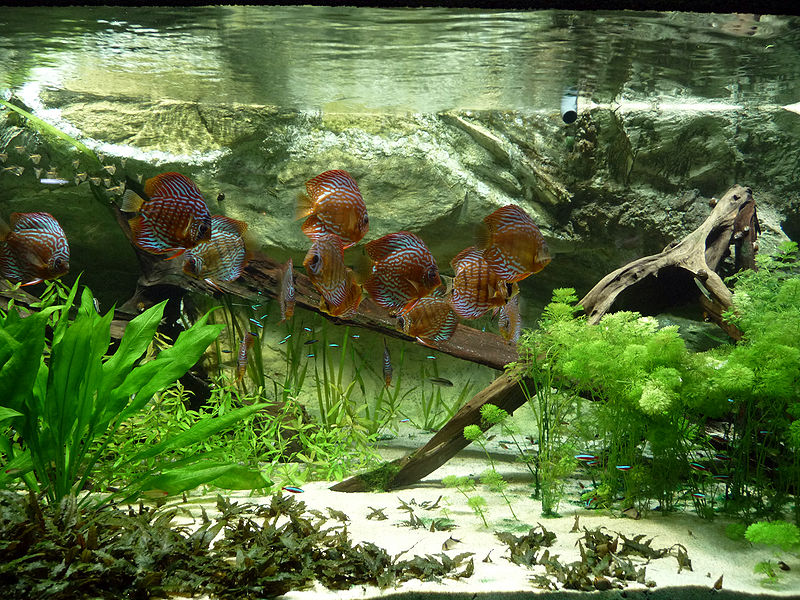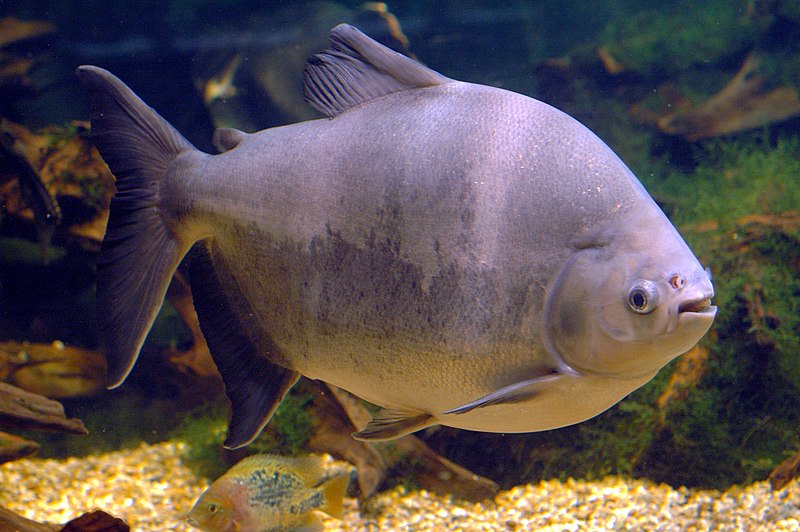 How can something be so beautiful and yet so dangerous and destructive? Invasive lionfish are making headlines again, continuing their viral spread in the Atlantic and decimating native species as they explode in population. Lionfish are quickly becoming the poster species for the horrible things that can happen when a non-native species is introduced to a new region or habitat, left without predators to keep populations in check.
How can something be so beautiful and yet so dangerous and destructive? Invasive lionfish are making headlines again, continuing their viral spread in the Atlantic and decimating native species as they explode in population. Lionfish are quickly becoming the poster species for the horrible things that can happen when a non-native species is introduced to a new region or habitat, left without predators to keep populations in check.
This isn’t a new story, just a continuing saga conveying the sad consequences of accidental or intentional introduction of non-native species. The story is believed to have begun sometime in the 80’s with lionfish being sighted between Florida and the Caribbean. Within 15-20 years the population exploded and at this point any hope of stopping the invasion has all but fizzled. No one will ever know how they were introduced or where to place the blame. Some believe careless aquarists are at fault, releasing the fish into waterways if they became to large or otherwise unable to be kept. One popular theory is that the fish made their way into the Atlantic after a coastal hurricane destroyed a home or homes with aquariums that contained the Indo-Pacific natives, which miraculously found their way safely into east coast waters. Others believe it’s possible that juvenile or larval lions hitched a ride in ship ballast waters as other species have before, finding themselves in a new world when the waters were pumped out. Regardless, lions are here and here to stay, with only we humans as their predators. Read More »
 That Fish Blog – Aquarium Advice and Information
That Fish Blog – Aquarium Advice and Information




